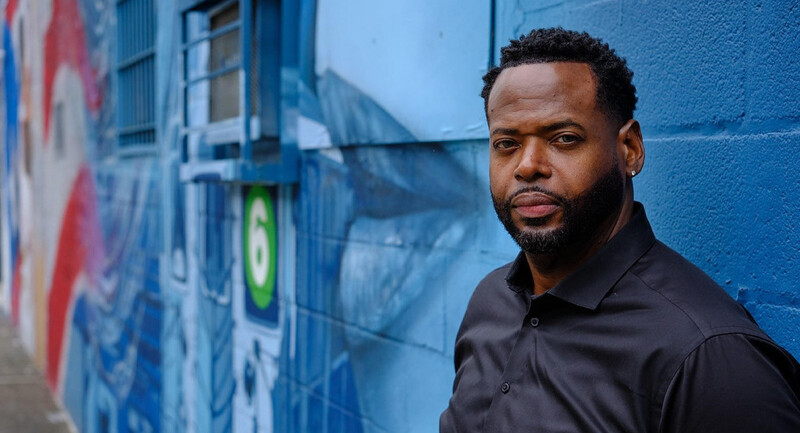Mark Twain once said “If it’s your job to eat a frog, it’s best to do it first thing in the morning. And if it’s your job to eat two frogs, it’s best to eat the biggest one first.”
We refer to having those difficult or courageous conversations as eating the frog–because after all, eating a frog is no fun! In every organization–and at every level, it becomes necessary to have difficult conversations with people. Schools are no exception; to the contrary, they may be ground zero for hard conversations, because we are charged with the most precious commodity, children–and you must act in the best interests of students! The goal of any courageous conversation is to effectively deal with an issue or change an inappropriate behavior while allowing all parties to keep their dignity. It can be tough, no doubt, but great leaders understand the importance of mastering effective communication skills. Here are some steps to help you navigate difficult conversations with finesse.
Do your homework, get all of the information.
It’s natural to want to react to situations that involve inappropriate or troubling actions, particularly when students are involved, but before you meet with the parties involved, make sure to get the facts. Ensure that you have all people weigh in and that you understand the depth and complexity of the situation. You may have to do some digging to gather facts from people who are not directly involved, it will pay off.
Rehearse your opening and points of discussion.
This may seem like something that only the rookie needs to do, but everyone can become emotional and elevate the conversation to a negative place. Take some time to rehearse how to begin the conversation in an effort to keep the mood professional. Anticipate possible reactions and consider how to keep the conversation moving in a positive way.
Listen to understand.
Allow the other party to express themselves and acknowledge that you have heard them by repeating back what you have heard. Give wait time for people to gather their thoughts. Do not dominate the conversation; people appreciate being heard!
Be objective, but show compassion.
It happens, people will mess up. It’s hard not to be angry in extreme situations, but hang on to your temper and try to understand both sides. You may be in the position to levy disciplinary action– and it may be justifiable, but show compassion as a human being. Not only is it the kind thing to do, it’s the right thing to do!
Stick to the facts.
Create a mental or a physical list (if appropriate) for discussion points. This helps to guide the conversation so that it doesn’t go off point. If the conversation does become derailed, bring it back on track and guide the conversation back to the important points.
Think win-win.
It’s not always possible, but you can certainly attempt to have those Eat the Frog conversations that will end in a win-win. Identify in advance probable resolutions or compromises for both parties and work toward that goal.
Remember to say thank you.
Whatever the outcome, show gratitude to the other party for being part of the conversation. You may agree to disagree, but you should acknowledge their participation and willingness to communicate.
Don’t make it or take it personally.
It’s human nature to internalize things that happen and take it them personally. Digs, sights or underhanded comments by either party will quickly erode any trust that existed prior to the conversation. If things do become heated or emotional, don’t take it personally. Take a deep breath and remember that people often become defensive and react accordingly. Remember, dignity and respect–all day every day!
If everyone in a school is treated with dignity and respect, you still may have nothing special. However, if everyone in a school is not treated with dignity and respect, you will never have anything special. Of that, I am sure! – Todd Whitaker




